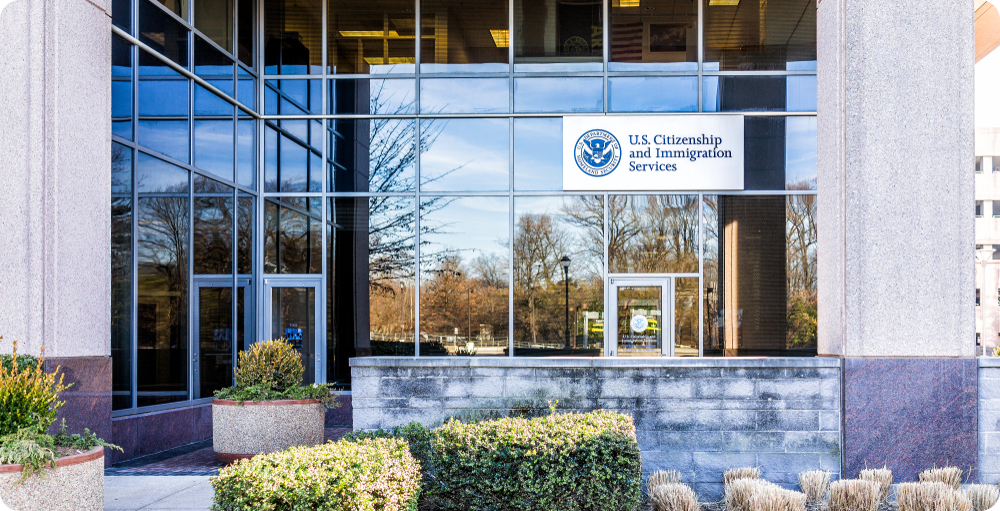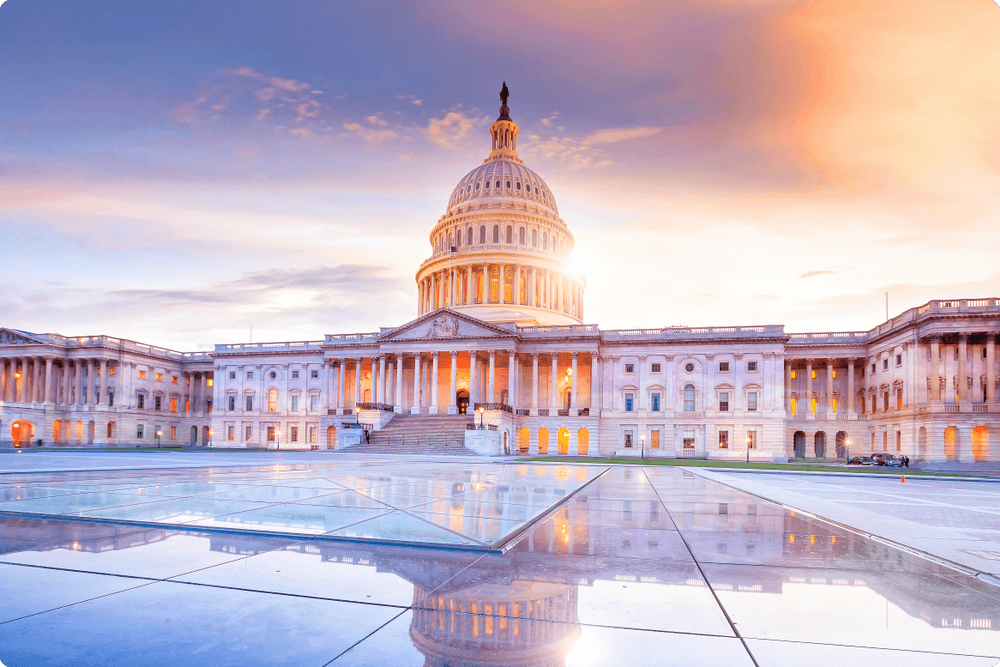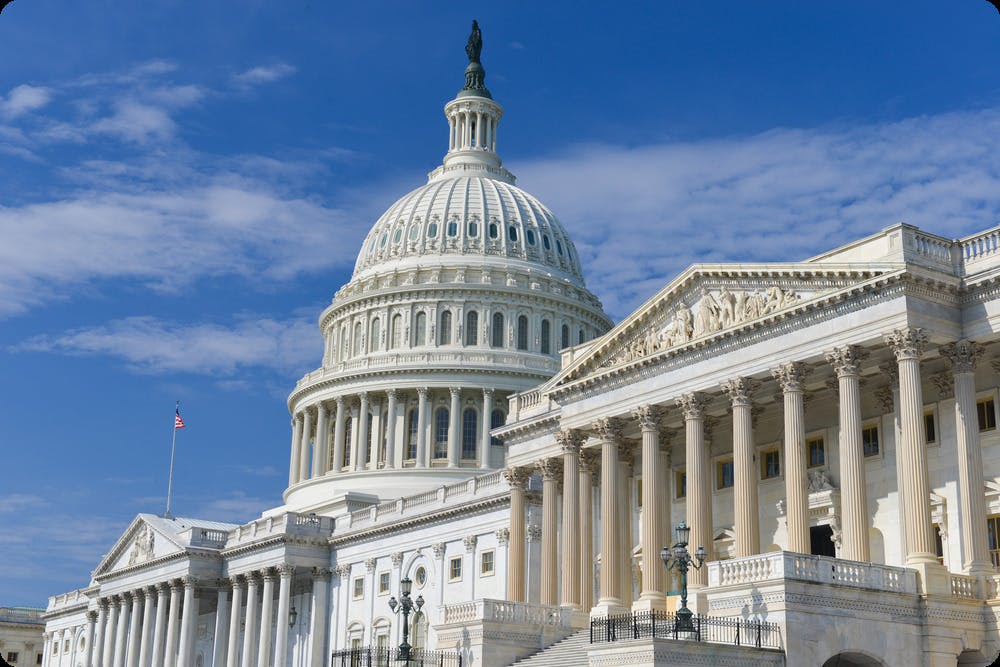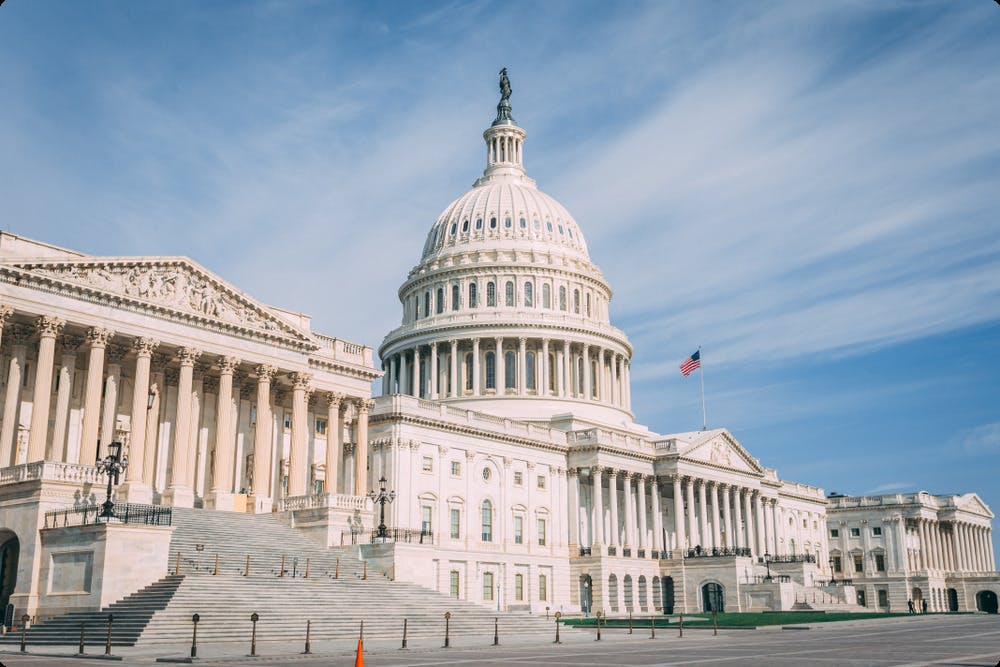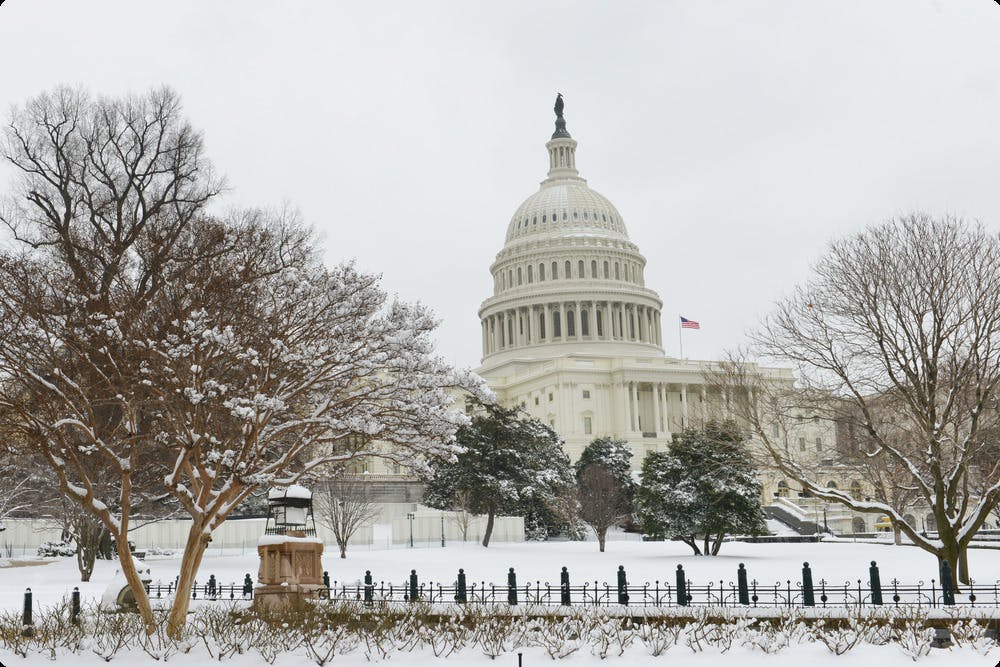Despite a sense of urgency and a growing list of political supporters, the EB-5 reauthorization legislation, known as the EB–5 Reform and Integrity Act of 2021 did not pass on June 24 as a “hotlined” bill in Congress.Thus, EB-5 will “expire” or lapse as a program — at the very least until July 4, 2021, when the Senate returns from its recess. But it is vital to know that that program has expired in the past and a lapse does not have to be permanent. In fact, both proponents and opponents of the Integrity Act speak to the potential of reauthorization still happening, even very soon.Before we speak about the future the EB-5 Regional Center Program and what investors should know, let’s summarize just what happened in the Senate.
Graham throws cold water on the hotline
S.381, the Senate version of the bill (the House has an identical bill), was “hotlined” — allowing for the opportunity for the bill to quickly pass, but with unanimous consent. Senator Lindsey Graham objected to the bill, killing the chance for unanimous consent and passage of the bill — for now.
Hotlined bill had limited reauthorization to 2.5 years
While this seemed to fly under the radar, the version hotline Integrity Act’s provided reauthorization for just two and a half years; previously, the bill provided for a five-year extension of the EB-5 Regional Center Program.Veteran immigration lawyer Robert P. Gaffney offers this perspective on the reduced extension period: “This is precisely the opposite direction the Program should be moving. Continued uncertainty caused by lurching from one sunset to another is one of the reasons for the difficulties the program has in attracting more investors and a justified reason for existing investors to lose confidence in their participation in the program.If amendments to the House and Senate Bills are to be made, any compromise on the duration of any program reauthorization should be accompanied by provisions that afford grandfathering protection to all investors who file an I-526 without regard of any future sunsetting of the program. This is the least level of assurance that should be extended to all bona fide investors.”
Is EB-5 dead? No, IIUSA says the bills are still pending and reauthorization can still happen
Aaron Grau, Executive Director of IIUSA, the national non-profit EB-5 regional center association, gives hope: “Yesterday’s outcome is disappointing, but it is not the end of the road…. Although the Program will lapse, these bills are still pending in Congress… We are confident that with your help, Congress will enact legislation to reform and sustainably reauthorize the EB-5 Regional Center Program.”Grau goes on to tell us that IIUSA is not only still committed to reauthorization but working with USCIS in order to “get clarity on process and investor priorities during this time.”
Leahy speaks to future reauthorization efforts
Senator Leahy echoes the idea that EB-5 reauthorization, while paused for the moment, is still very much a possibility: “I hope at some point we can reauthorize the EB-5 program and safeguard critical investments in communities across the country.”
What does expiry mean for petitioners who aren’t at the Green Card stage?
Many prospective and current investors who have not yet received a Green Card are unsure of where they stand after the program expires.Immigration lawyer Phuong Le shares his perspective on the issue: “From what we’ve seen in similar situations in the past where the program is in danger of expiring, actually lapses, and is later reauthorized, new I-526s can still be filed but will just be held in abeyance (‘frozen’) until the program is reauthorized later on.Therefore, it may still benefit a family to file a case even after the deadline to preserve their priority date. However, even if the program lapses, certain petitions (such as I-829) should be adjudicated as normal. Guidance and confirmation from USCIS should be coming shortly.”
Are there any options for investors who don’t want to wait for reauthorization?
Edward C. Beshara, an immigration lawyer since 1983, reminds investors that while people have been speaking about “EB-5 program expiry,” this has really just been shorthand for EB-5 Regional Program Expiry. “The EB-5 Direct program is permanent, and will accept $500,000, especially in an investors own EB-5 business.”
Who supports the Reform and Integrity Act?
There is broad bipartisan support for the legislation spearheaded by veteran Senators Grassley (R-Iowa), and Leahy (D-Vt.). Grassley and Leahy have been working together for years in order to bring about reform to the EB-5 program.An interesting recent development was that Senator Cornyn (R-Tex.) joined the Grassley and Leahy side and was pushing for passage of the Reform and Integrity Act. Cornyn previously had introduced (with Senators Graham and Rounds) bill S.2778. This bill had, among many other provisions, $1 million for a TEA investment and just $1.1 million for non-TEA investments. Cornyn’s switch from Graham’s camp to Grassley’s might speak to the growing momentum in Congress for the Integrity Act.
Who is opposed to the Reform and Integrity Act?
While no alternative legislation has been recently introduced, the EB5 Investment Coalition (EB5IC) is opposed to EB-5 reauthorization and program reform that doesn’t include other substantive program changes.Laura Foote Reiff, a lawyer an co-founder of the EB5IC outlines the points of contention between the two groups: “We’ve been trying to talk to them about adding in some programmatic measures to deal with backlog issues and investment levels and the TEA definitions, to no avail. “Grassley did not mince words on the Senate floor in his condemnation of opponents to the Integrity Act: “A narrow subset of big-moneyed and corrupt interests has now shown that they would rather kill the program altogether than have to accept integrity reforms designed to clamp down on their bad behavior.”Leahy, while not as caustic in tone, mirrored Grassley’s sentiments: “It’s really unfortunate that a bipartisan bill supported by the overwhelming majority of EB-5 stakeholders was blocked at the behest of a small minority that blindly opposes much-needed accountability and transparency in the program.”In broad terms, it’s widely accepted that the “big-monied” interests that comprise “a small minority” are urban developers who oppose more rigorous oversight and who want an official return to softer Targeted Employment Area (TEA) standards and lower investment amounts so their projects can once again command a lion’s share of the available EB-5 capital.
The opposition hopes for compromise but admits the Integrity Act could still pass — and soon
The opposition freely states that not only could reauthorization still happen, but that the Integrity Act might be passed and very soon. Laura Foote Reiff states, “They could have unanimous consent in July.”She also sees (or hopes) for the possible outcome of a compromise that will have the opposing sides working together to address some of her sides issues, like investment amounts and TEA definitions.Regardless of whether a compromise is struck, Foote Reiff knows that “there’s going to be a lot of pressure to do something to try to resuscitate the program between now and September 30.”Special thanks to EB-5 business plan writer Suzanne Lazicki for her transcriptions of the Senate Floor Proceedings as well and the EB5IC June 24 webinar. Read Lazicki‘s blog “Senate setback for RC program authorization.”

